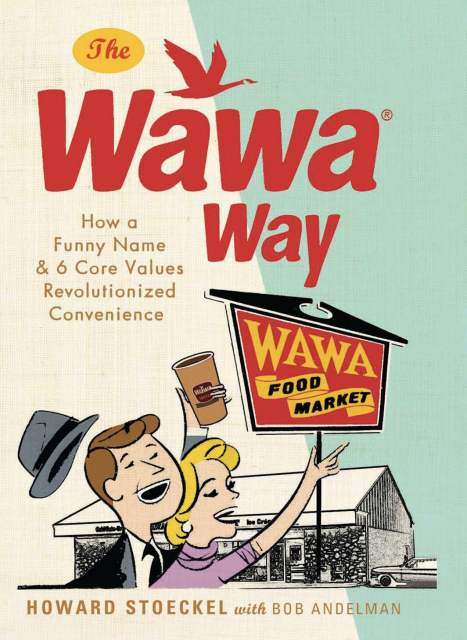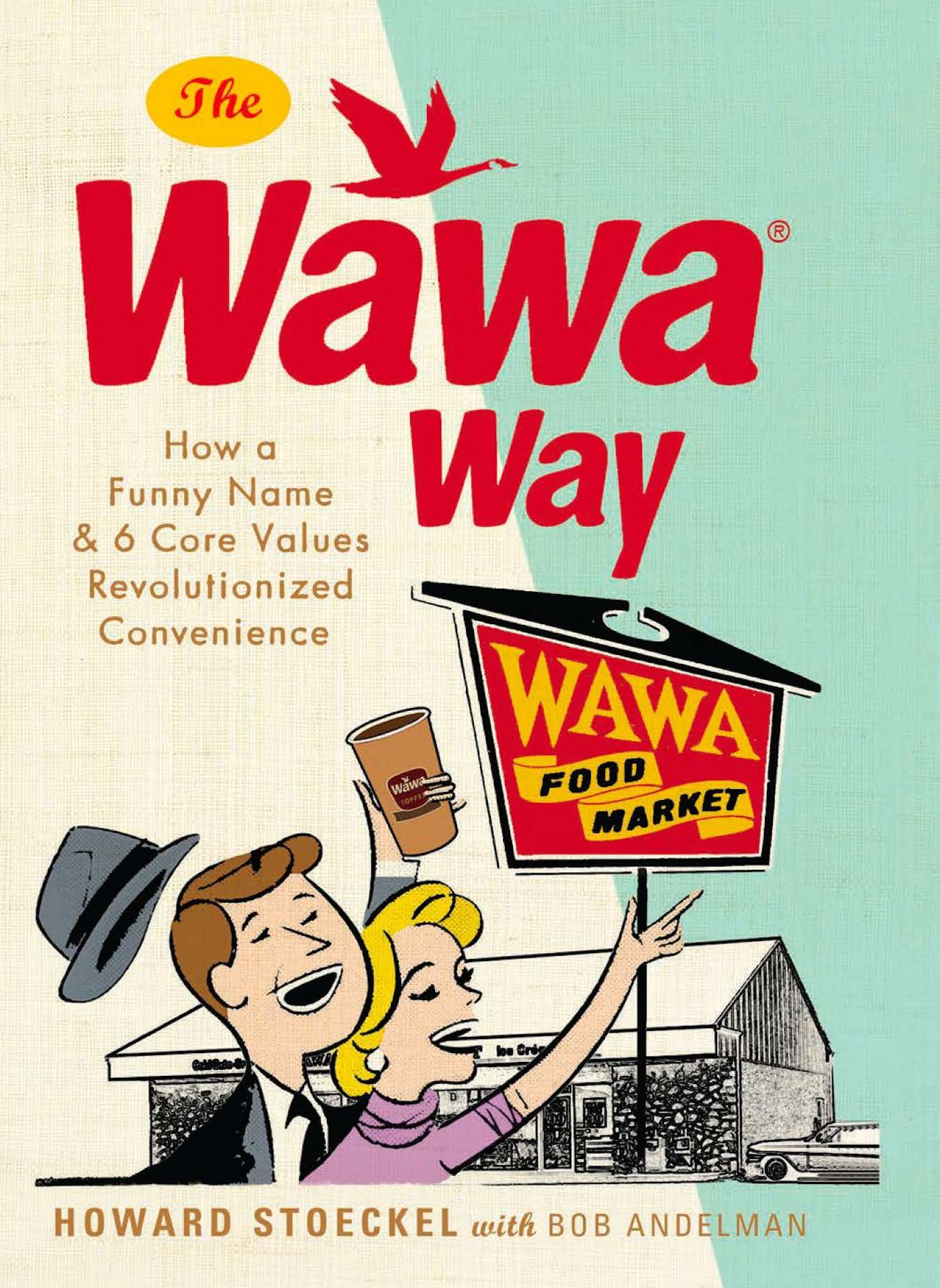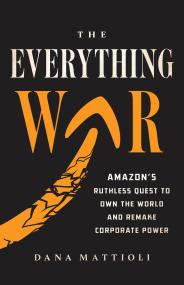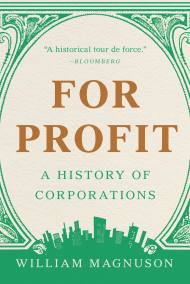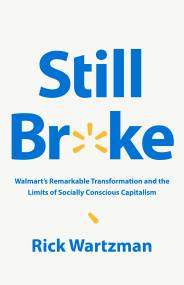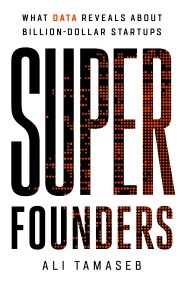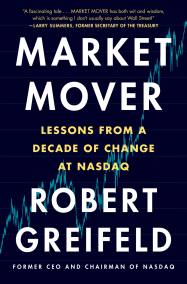Promotion
Use code MOM24 for 20% off site wide + free shipping over $45
The Wawa Way
How a Funny Name and Six Core Values Revolutionized Convenience
Contributors
With Bob Andelman
Formats and Prices
Price
$10.99Price
$13.99 CADFormat
Format:
ebook $10.99 $13.99 CADThis item is a preorder. Your payment method will be charged immediately, and the product is expected to ship on or around April 15, 2014. This date is subject to change due to shipping delays beyond our control.
Also available from:
With a mixture of personal history and business advice, Howard Stoeckel discusses the last 50 years of Wawa’s growth, development, and expansion. It’s the story of how a small company with a funny name made a big difference, and all it took was a little goose sense.
Genre:
-
"Corporate histories are seldom engrossing and even less frequently do they touch an emotional chord, but that's exactly what the books does. Wawa fans, and general business readers, will relish this empowering story."
—Publishers Weekly STARRED REVIEW
"The cult of Wawa lives on...The company's six core values and a leadership style focusing on employee ownership with a strong sense of corporate social responsibility are major topics. Written in a light, conversational tone, though, this is a quick, engaging read. VERDICT A must-have for Wawa devotees and recommended for others interested in a behind-the-scenes look at an East Coast retailing legend."
—Library Journal
- On Sale
- Apr 15, 2014
- Page Count
- 256 pages
- Publisher
- Running Press
- ISBN-13
- 9780762453177
Newsletter Signup
By clicking ‘Sign Up,’ I acknowledge that I have read and agree to Hachette Book Group’s Privacy Policy and Terms of Use
